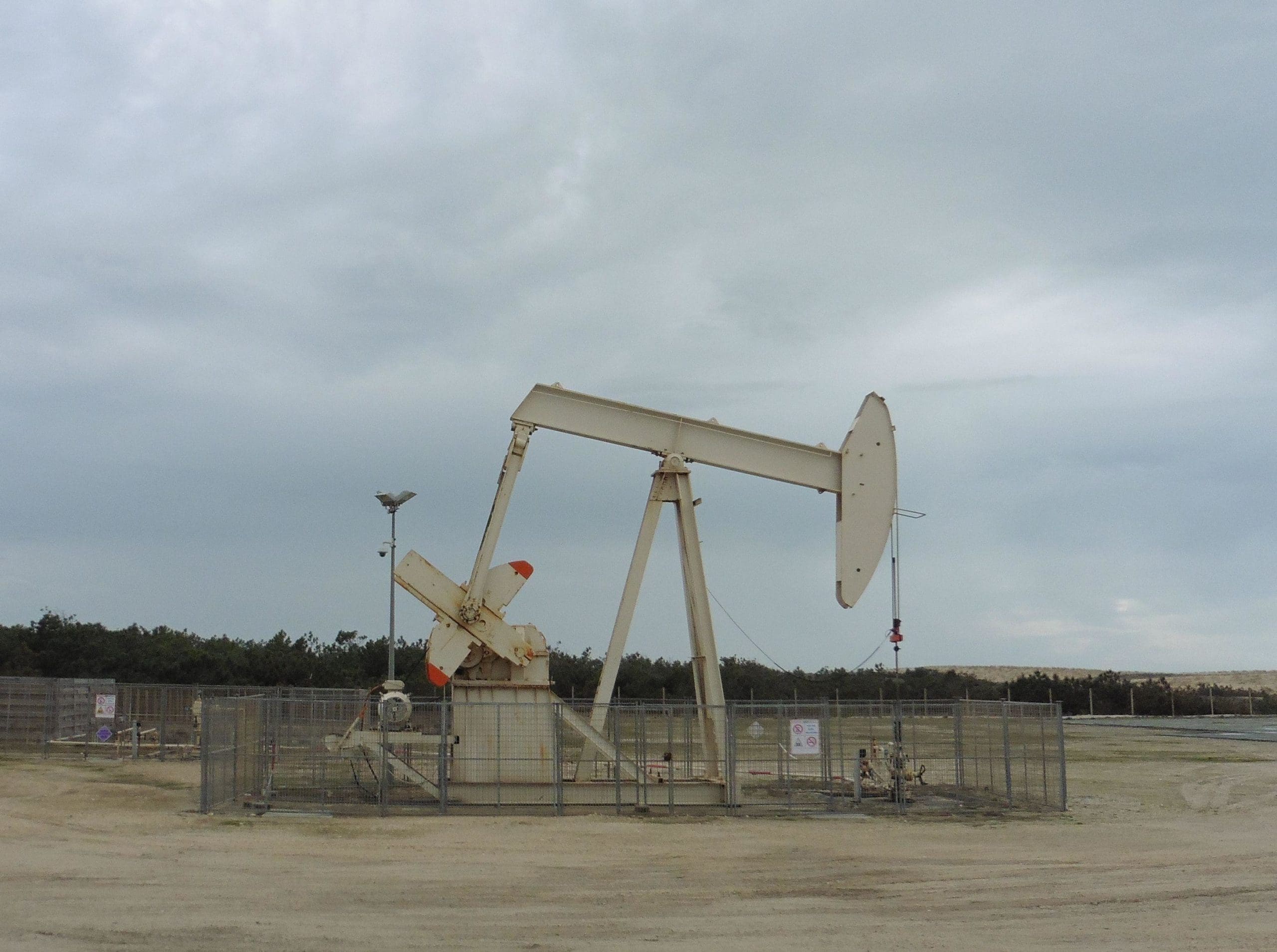To match the United States’ push to maintain its status as the biggest hydrocarbon producer in the world, rigs have been put up at an increasing rate since April. A slow between June and July aside, there are now 834 oil rigs in the United States, as reported by Reuters. With these new rigs comes increased maintenance costs.
According to industry analyst Glenn Luk, maintenance costs can reach $14k/day for offshore rigs. Regular audits increase this cost when taken as an average over years. Accordingly, finding new technologies and materials to keep costs down is an important factor of forward profitability – especially with production demands escalating, putting strain on infrastructure.
The varying applications of titanium
Titanium has long been valued for its hardy characteristics. The ASTM standard Grade 11 Titanium Sheet alloy provides strength and ductility, making it an ideal proposition for marine oil applications. Even then, new research is increasing the value of titanium in manufacturing. China’s Southwest Petroleum University found that the use of titanium oxides in oil recovery emulsions can improve the stability of valuable petroleum foams, improving the production rates of operations.
Improved affordability and speed of production
Alongside the increased versatility of titanium and its related oxides, huge steps have been made in turning the metal into an affordable option. Previously, titanium has suffered due to its prohibitive production costs; according to Manufacturing Engineering magazine, titanium production is 90% waste and is inefficiently exported. Now, titanium production time could be halved, according to scientists at the UK’s Porton Down laboratory. This new method – the FAST-forge technique – could revolutionize titanium production and use.
High technology incoming?
Technological innovation has seen the widespread use of additive manufacturing (AM), more commonly known as ‘3D printing’. While most will only be familiar with small plastic devices and trinkets being produced via AM, researchers 3T have produced a Lloyd’s Register certified manifold from titanium. With parts overturn high in oil and gas, the proliferation of techniques like this will allow titanium-based production of easily replaced parts, improving efficiency at drilling operations.
Titanium has historically been an expensive and wasteful material to process. Its qualities as an engineering material and ongoing value have not been in doubt. Through research and development, companies have found ways to make it feasible for mass production and to apply to the oil industry to its benefit.
Photo credit: thesuccess – www.morguefile.com





